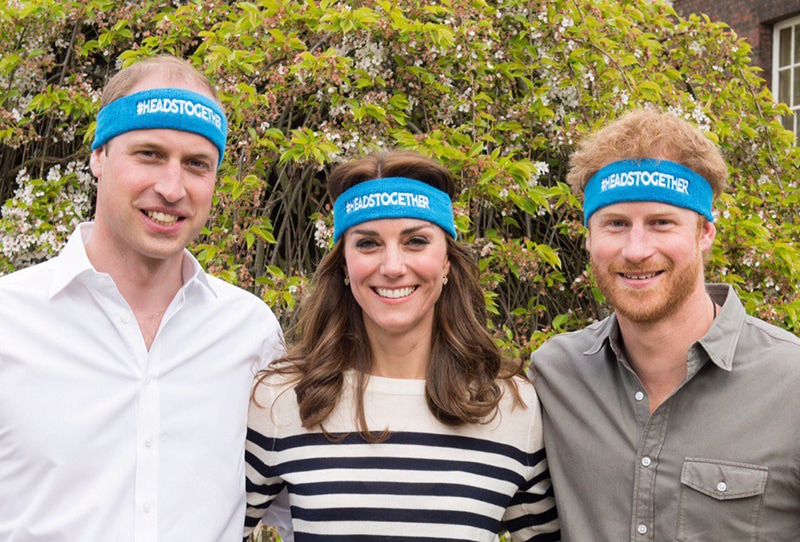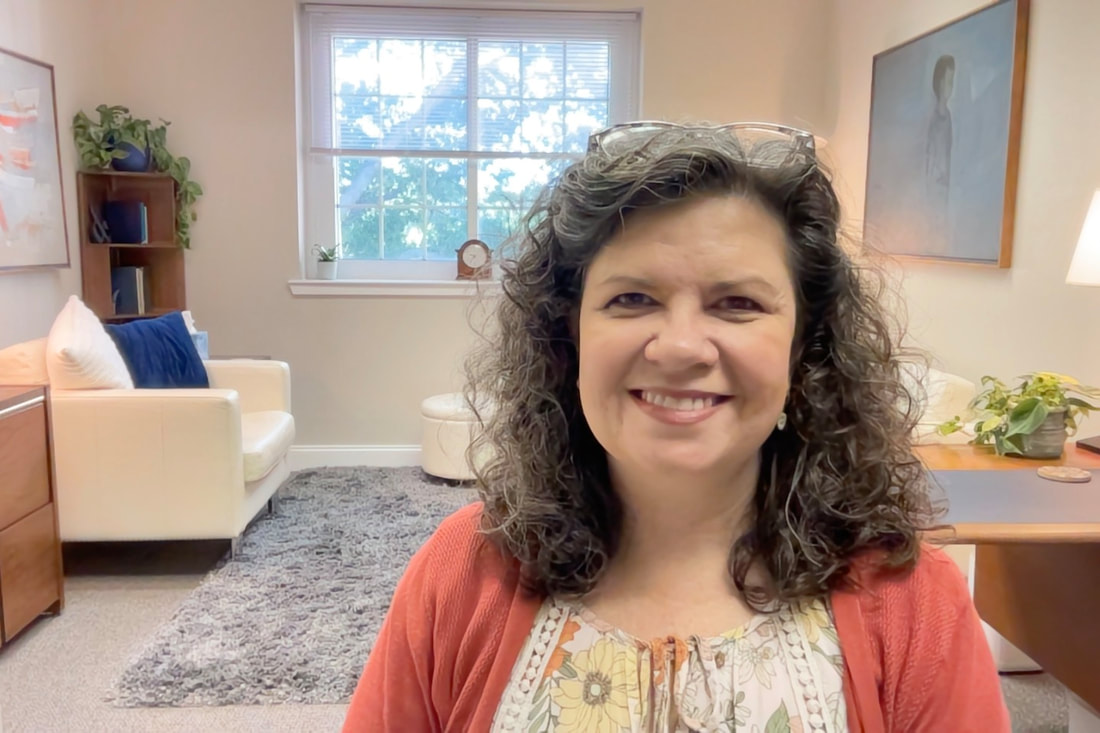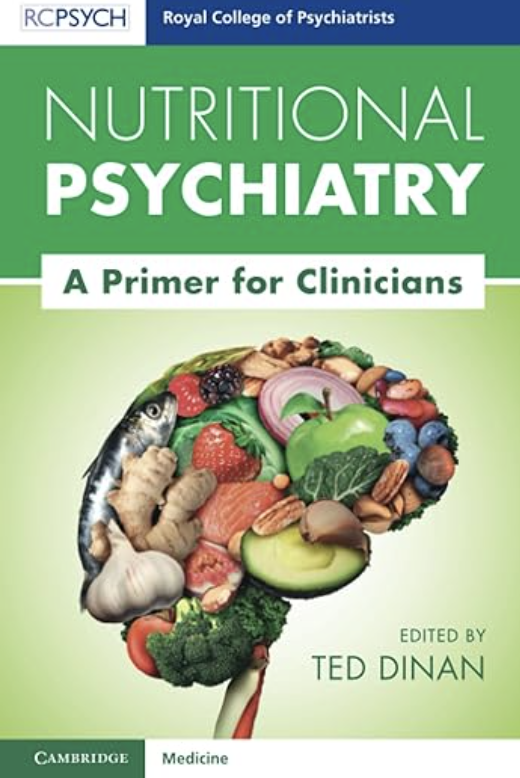Social Media Health RecommendationsThis spring a presidential panel of the American Psychological Association (APA) has produced recommendations for the use of social media by adolescents. The advisory panel was formed to provide recommendations grounded in research to ensure that adolescents develop healthy social media practices. The result is the American Psychological Association Health Advisory on Social Media Use in Adolescence. The report notes that while these platforms can promote healthy socialization, their use should be preceded by training in social media literacy to ensure that children and teens have skills that will maximize the chances for balanced, safe and meaningful experiences. This report notes that social media use is not inherently beneficial or harmful to young people. The effects of social media depend on adolescents' personal and psychological characteristics, social circumstances, and the specific content, features, or functions they encounter on social media platforms. The report emphasizes that not all findings apply equally to all children and teens. Scientific findings should be used in conjunction with knowledge of specific kids’ strengths, weaknesses, developmental maturity, and contexts to make decisions tailored to each individual.  Photo by Laura Chouette on Unsplash In addition to the new report, the APA's chief science officer, Dr. Mitch Prinstein, provides Q&A and recommendations for parents on how to help teens develop social media literacy skills. Dr. Prinstein specifically advises parents to:
You can read the APA's recommendations in full here, and Dr. Prinstein's Q&A here. Dr. Dara Greenwood, social psychologist and associate professor of Psychology at Vassar College, provides a thoughtful and engaging article interweaving psychological research with powerful messages from Disney's Encanto that are resonating with children and adults. Greenwood's key take-aways:
Check out the full article here.
As psychologist Guy Winch explains, "Much as accountants' busiest time of year is tax season in April, we therapists see our practices overflow in November and December. Why? ‘Tis the season of family gatherings."
Family gatherings have the potential to help us feel connected and loved, but even within the best of family dynamics, cooking, cleaning, and coordinating schedules can be stressful. And the fact of the matter is that not every family shares the best dynamics on display in Hallmark Holiday Specials. Family gatherings can bring old wounds to the surface, and leave many feeling less connected, less understood, and alone despite the holiday crowds. For those who live far from family and friends, singles, and those who are newly separated, divorced or grieving, the family-focused holidays can be a painful and lonely time. Add these factors to the days getting shorter, the weather colder, spending less time outdoors in the sun, and it is easy to understand how the holidays can leave us feeling stressed out and blue. The following resources can help you survive and thrive through this holiday season:
If you find yourself feeling overwhelmed with stress or sadness, know that you are not alone. Talking with a therapist about coping with the holidays specifically, or untangling long-standing relationship patterns, can be useful and help you move through the holidays and into the new year with less stress, more understanding of yourself and others, and more skills to navigate this time of year with more grace and less stress in the future. Heads Together is a UK campaign, spearheaded by the Duke and Duchess of Cambridge and Prince Harry to end stigma around mental health. This week the campaign released a video of the Duke, Duchess and Prince discussing their support of the mental health initiative. The Heads Together campaign has partnered with this weekend's London Marathon to help raise awareness and encourage people to speak up about and prioritize their mental health (all the runners will be given Heads Together headbands, modeled by the Royal Family above). “Since we launched Heads Together last May, we have seen time and time again that shattering stigma on mental health starts with simple conversations. When you realise that mental health problems affect your friends, neighbours, children and spouses, the walls of judgement and prejudice around these issues begin to fall. And we all know that you cannot resolve a mental health issue by staying silent." Here in the US, the OK to Say campaign has been working to encourage people to talk openly about mental health. So often people do not ask for or seek out the help that they need because of stigma. Sharing our stories and working as a community to encourage one another and share resources can improve and save lives.
If you are interested in continuing this conversation and showing your support, consider joining the National Alliance on Mental Illness (NAMI) annual Dallas NAMI Walks 5k coming up in on May 13. With the holidays fast approaching, this can be a good time to pause and reflect on why this season of thanksgiving and joy can often be so stressful. Do you find yourself anxiously working to anticipate every detail or need in attempt to orchestrate the perfect holiday, the perfect family get together, the perfect scrapbook moment? Or are you pulled by the gnawing suspicion that no matter how hard you try, how badly you want this year to be different, that things will go wrong. Again. Just as they have so many times before? When you find yourself pulled between these two intense emotional states and expectations, it can be easy to blame yourself for what has or what will go wrong, to feel or anticipate feeling blamed by others, or to blame others for behaving in what feels like a predictable destructive pattern. Author researcher and storyteller Brené Brown offers wise words on the underlying meaning and fallout of this tendency to rush to blame. By blaming ourselves or others we attempt to regain a sense of control, but we also lose out on opportunities and relationships in the process. |
About the AuthorClinical psychologist Dr. Kristy Novinski contributes insights, book and film reviews, discussions of pop culture, and exploration of news and research in the field of psychology. What I'm Reading
Categories
All
|
Las Colinas Psychological Services, PLLC |
© 2023 Las Colinas Psychological Services, PLLC. All rights reserved.
|





 RSS Feed
RSS Feed

